
 Instagram
Instagram
How long is the immune system compromised after steroids?


Related products
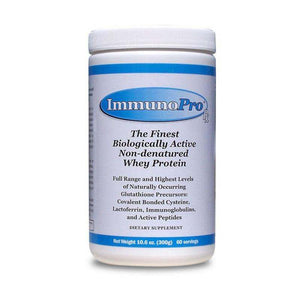
Steroids play a crucial role in managing various conditions, from inflammation to autoimmune disorders. However, as with any potent medication, questions arise regarding their potential impacts on the body beyond their intended therapeutic effects. One such concern is the duration of immune system compromise following steroid administration. Understanding the timeframe of immune suppression is pivotal for patients and healthcare providers alike, as it influences treatment strategies and infection risk management. In this article, we delve into the complexities of immune modulation by steroids, exploring the duration of their effects and implications for patient care.
Do you ever wonder how long is immune system compromised after steroid injection? This article will explore what steroids are, their use, side effects, and how long they compromise your immune system after the last use.
What are Steroids?
Steroids, also known as corticosteroids or steroid injections, are anti-inflammatory hormones produced naturally by the adrenal glands at the cortex in your brain. They are used to treat various medical conditions and can also be made synthetically from the hormone testosterone.
There are two main types of steroid injections: corticosteroids and anabolic steroids. Corticosteroids, such as prednisone, commonly treat various conditions, including asthma, allergies, and rheumatoid arthritis. These steroids work by reducing inflammation in the body and suppressing the immune system. On the other hand, anabolic steroids are synthetic versions of the male hormone testosterone and are often abused by athletes and bodybuilders to build muscle mass and improve athletic performance.
Read more: Are steroids legal in the UK?
How Long Is the Immune System Compromised After Steroid Use?
The length of time the immune system remains compromised after taking steroids depends on the type of steroid, dosage, duration of use, and overall health of the individual. Long-term, high-dose steroid use can cause prolonged immune suppression, increasing the risk of infections and illnesses. In contrast, short-term, low-dose steroid use may have a minimal impact on immunity. It is advisable to discuss the specific risks and effects of steroid use with a healthcare professional. If you are concerned about your immune health after steroid use, consider immunity supplements to support immune system recovery naturally.
Corticosteroid Use
For example, the half-life of prednisone (a common corticosteroid) is about 18-36 hours, meaning the body eliminates half of the dose in that time. The remaining half is eliminated over the next 18-36 hours, and after four to five half-lives, the drug is essentially cleared from the body. This means prednisone takes about four days to a week to be fully eliminated.
Anabolic Steroid Use
In contrast, a steroid like depo-medrol, which is injected into the muscles, has a much longer half-life of around 21 days. It takes about three weeks for the body to eliminate half of the dose, and even longer for the entire drug to be fully cleared. This prolonged presence in the body means anabolic steroids can have extended effects on hormone balance and immune function. Those who engage in strength training and muscle building while using steroids may benefit from sports performance supplements to support muscle recovery naturally.
Other Factors Affecting Steroids in the Body
Several factors influence how long steroids stay in the body, including liver or kidney function, metabolism rate, and interactions with other medications. People with liver or kidney issues may eliminate steroids more slowly, prolonging their effects on the immune system. If you are an athlete or fitness enthusiast looking to monitor your hormone levels, a free testosterone blood test can help track how steroids impact your body.
Reasons for Steroid Use
Steroids are synthetic drugs that mimic the effects of natural hormones produced by the adrenal glands. While they have legitimate medical uses, such as treating inflammatory conditions like arthritis, asthma, and autoimmune diseases, they are also misused for athletic performance and muscle growth. Testosterone supplements can provide natural alternatives to support muscle recovery and strength without the risks associated with steroid use.
Steroids are also used in replacement therapy for conditions like adrenal insufficiency, congenital adrenal hyperplasia, and inflammatory diseases such as lupus and Crohn's disease. In fitness and bodybuilding, dumbbells and sports supplements can be effective in promoting strength gains and performance improvements without the risks of anabolic steroids.
How Do Steroids Work?
Steroid injections, particularly corticosteroids, suppress the immune system by reducing the activity of certain white blood cells, such as T-lymphocytes, which play a key role in immune response. This suppression reduces inflammation and swelling, which is beneficial for conditions like arthritis but can leave the body vulnerable to infections. Anabolic steroids may alter the balance of immune cells, further suppressing immune function. If you are recovering from steroid use, MyProtein Creatine Monohydrate can help support muscle recovery while you transition back to natural training.
Side Effects of Steroid Use
Corticosteroids can cause side effects such as weight gain, increased appetite, insomnia, mood swings, acne, high blood pressure, high blood sugar, and an increased risk of infections. Long-term use can lead to osteoporosis, slow wound healing, and thinning skin. Anabolic steroids have additional risks, including testicular shrinkage, infertility, prostate enlargement, liver damage, high cholesterol, and a higher risk of heart attack or stroke. Mood swings, aggression, and an increased risk of blood-borne infections such as HIV and hepatitis are also concerns. Athletes and bodybuilders looking to improve endurance and muscle recovery safely should consider advanced sports fitness tests to track their health.
Understanding the long-term effects of steroid use and supporting recovery through proper nutrition, exercise, and supplementation is essential. If you are experiencing symptoms related to steroid use, consulting a healthcare professional and exploring immunity supplements and sports performance aids can help restore balance to your body.
People Also Ask
How long are you immunocompromised after stopping prednisone?
Prednisone is a type of corticosteroid medication that can suppress your immune system while you are taking it and for a period of time after you stop. The duration of immunosuppression after stopping prednisone can vary depending on several factors, including the dose you were taking and how long you were on the medication. Typically, for short courses of prednisone (a few weeks or less), the immunosuppressive effects can wear off relatively quickly. However, for those on long-term high-dose therapy, it might take several months for the immune system to fully recover. The adrenal glands, which produce natural corticosteroids, need time to resume normal function after being suppressed by prednisone therapy. Consulting a healthcare provider for a tailored assessment is important as individual responses can vary.
How long does it take to get back to normal after taking steroids?
Recovery time after taking steroids, such as prednisone, can depend on the length of treatment and the dosage. For short-term users, it may take just a few weeks for the body to return to normal as the adrenal glands begin to function normally again. For long-term steroid users, this process can take several months or even longer. During this time, individuals may experience symptoms of adrenal insufficiency as the body adjusts. The speed of recovery can also be influenced by the individual's overall health, the presence of any underlying conditions, and whether they are taking steps to support their adrenal glands during recovery.
How long does it take prednisone to get out of your system?
Prednisone has a half-life of approximately 2 to 3 hours, meaning it takes about this time for the concentration of the drug in your blood to reduce by half. However, it generally takes about 5 to 6 half-lives for a drug to be considered fully eliminated from your system. Therefore, prednisone is typically cleared from your body within 12 to 18 hours after your last dose. Despite this, the effects of prednisone, such as its immunosuppressive action, can last longer than the physical presence of the drug in the bloodstream, especially after long-term use.
How long do side effects of prednisone last after stopping?
The duration of side effects after stopping prednisone can vary depending on the specific side effects experienced, the dosage of prednisone that was used, and the duration of treatment. Some side effects, like elevated blood sugar or increased blood pressure, may resolve within days to weeks after stopping the medication. However, other effects, such as adrenal suppression or mood changes, can take longer to resolve, potentially several months. Osteoporosis (bone thinning) is a more long-term effect that may not fully reverse after stopping prednisone. Patients are encouraged to discuss any lingering side effects with their healthcare provider to manage and mitigate them effectively.
Conclusion
Your immune system recovers after some time of using steroids could be oral corticosteroids or corticosteroid injections. The time that steroids stay in the body depends on the type and dose. Some steroids are eliminated from the body more quickly than others, and certain factors can affect how quickly steroids are metabolized and eliminated. However, it is important to note that the presence of steroids in the body does not necessarily mean that they are having an effect.
The duration of immune system compromise after corticosteroid injections varies depending on individual factors and the dosage used. These injections, often used to relieve pain in joints, can affect the adrenal glands' ability to produce natural steroids, impacting the body's immune response. It's essential to monitor blood sugar levels and other health indicators closely during this period, as the medication can cause fluctuations in these areas. Ultimately, while corticosteroid injections provide significant relief, patients should be aware of the potential effects on their immune system and work closely with their healthcare provider to manage these risks.


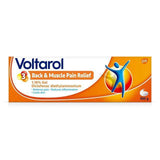

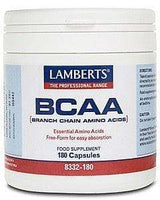
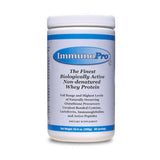

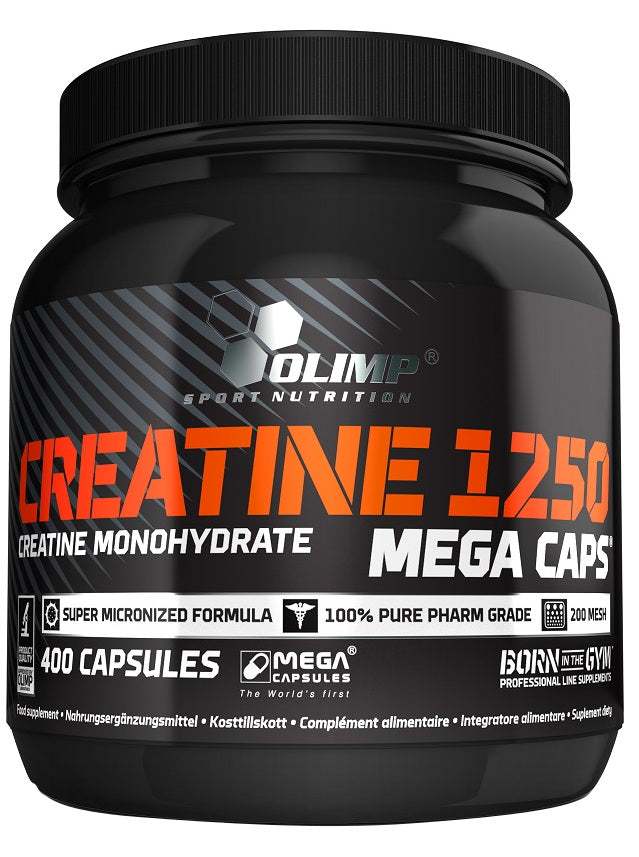
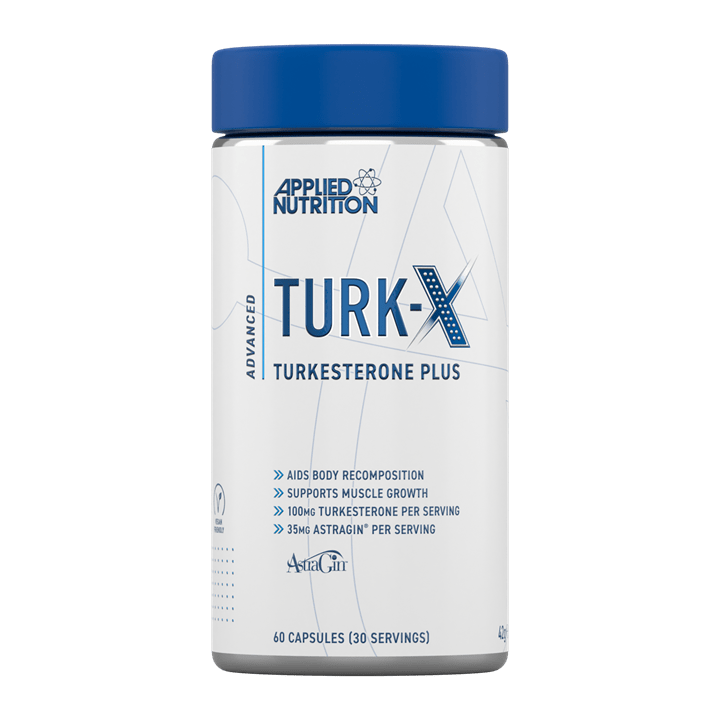
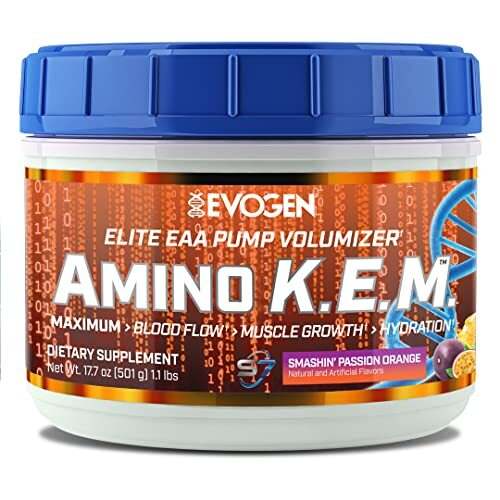








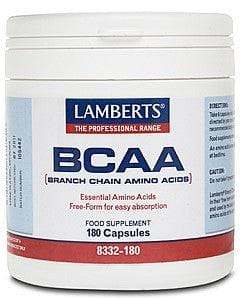










 Rated Excellent by 26,523+ Reviews
Rated Excellent by 26,523+ Reviews